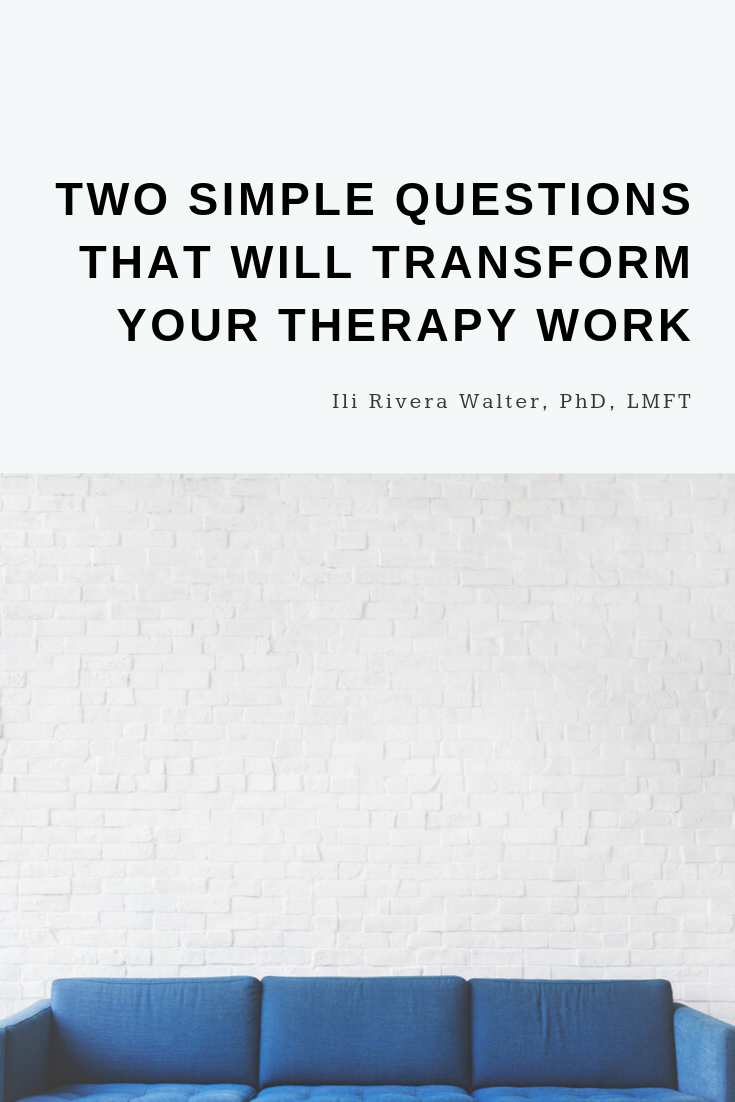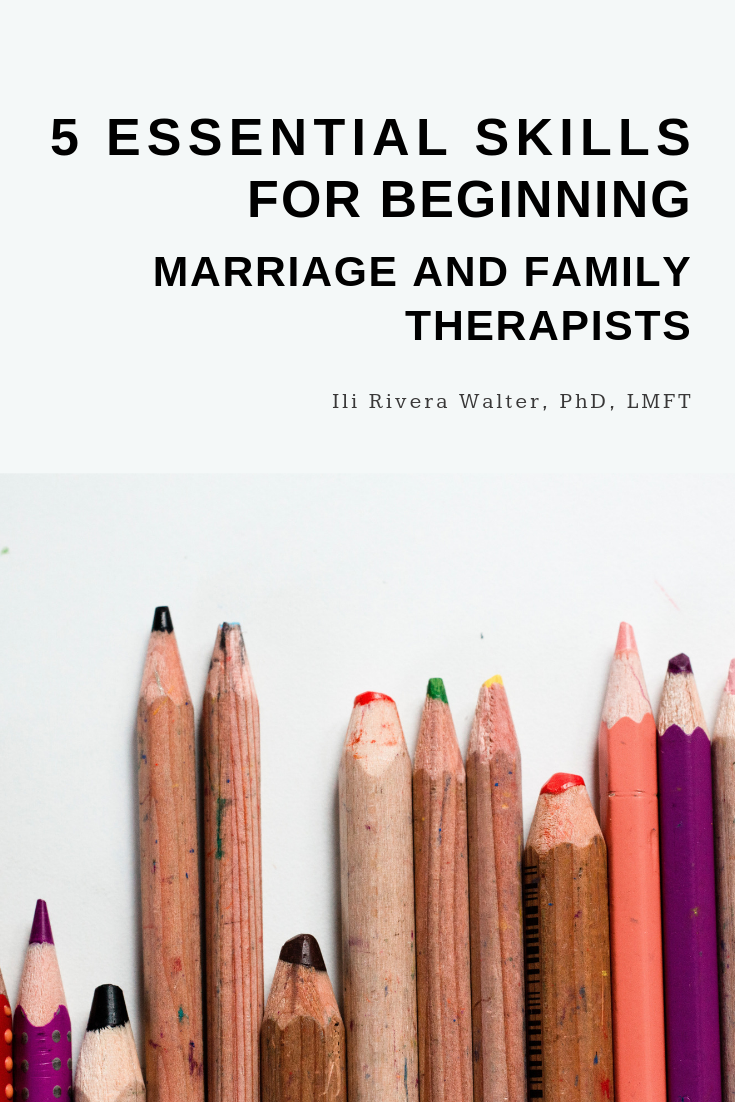This post was originally published on August 2, 2016 and was updated May 21, 2019.
Building therapy skills is an ever-present need that requires ongoing effort, for most therapists. The problem is, there is an unlimited amount of things to learn and a very limited amount of time. This means that you must be proactive and specific about building your therapy skills, in order to get the most from your investment.
Below, I review five quick and easy ways to build your therapy skills without having to buy products, attend trainings, or spend a ton of time or money.
1 | Videotape a therapy session, and view it
There are a host of reasons why we therapists avoid videotaping our sessions: Watching ourselves is awkward, we don’t want to be judged by our colleagues or supervisors (or ourselves!), and we’re afraid we’ll offend our clients by asking for consent, among others. But the truth is, the benefits of videotaping far outway the risks, and they are worth our discomfort.
Why Videotape?
Videotaping helps you identify how you work; it is a simple way to notice your therapeutic tendencies, approaches, language (verbal and nonverbal), strengths, and growth areas. As a result, it will help you set specific goals for improvement.
2 | Transcribe a portion of a therapy session
Transcription has the function of stripping the session to only the verbal communication. This is helpful, because it allows you to evaluate the interactional process of the therapeutic conversation. In other words, it helps you pinpoint how a thought led to a response, and/or how a client’s comment influenced your subsequent engagement.
With a transcript, you are able to target therapeutic content for the purpose of analysis. Useful content to analyze includes: a) the theoretical foundation of an intervention, b) your clinical reasoning, c) how effective your language was in eliciting the desired information, and d) your success at implementing a new skill. Additionally, transcripts will naturally invite you to reflect on your clinical work--to consider what went well and what you would do differently.
3 | Set a skills goal for a therapy session, or a period of time
Skills do not develop with client contact. They develop with intentional practice. Setting a simple goal for a session will allow for this type of practice and lead to significant skills-building over time. Some examples of simple skills goals include to:
deliver a traditional Solution-Focused miracle question in every session, for one week
complete a genogram assessment interview with a new client
practice interrupting a talkative client or arguing couple
offer a paradoxical intervention (for more information on paradoxical interventions, see the references at the end of this post)
Of course, your goals will be based on what you’d like to master, or begin attempting, at your stage of therapy development.
4 | Work with a clinical supervisor, even if you’re licensed
There is likely someone who knows more than you about the topic in which you seek expertise. Your goal may be to develop skills in private practice building, a specific theory, crisis intervention, clinical supervision, or others. Clinical supervisors are invaluable for nurturing continued professional development.
If you’re licensed, a formal or informal agreement with a supervisor that you admire and trust is a strong motivator for seeking consultation regularly, or when needed. This type of agreement will also prevent you from isolation during an unexpected ethical dilemma, or therapy crisis. (If you’re not yet licensed, see these tips for choosing a clinical supervisor.)
5 | Choose one learning goal at a time
Because there are so many wonderful learning opportunities in the therapy field, it’s common for therapists to complete several post-graduate certifications and consistently add to their “books to read” list. Continued learning is great! In fact, it is required. However, in order for learning to serve you and your skills, rather than detract from skills-building, it must be specific and goal-oriented. Otherwise, the valuable information contained in trainings and books will offer a way for you to spend your time and money, but it will not transfer to skills-building. In order for information to transfer, you need a structured plan for implementing specific information.
How Do I Choose One Goal At a Time?
Option 1: Make a list of the main trainings, certifications, and books (or other learning opportunities) you’d like to consume; prioritize them by the year you will complete each, then by order within that year. Start by completing #1 from the current year’s list. Detail the skills and information that you’d like to assimilate from #1, and move on to #2 only when you’ve begun implementing these skills and they have become a habit. Continue adding to your overall list and prioritizing as an ongoing process.
Option 2: Do some soul-searching + work dreaming + purpose casting, and set three main objectives for your “therapy life” right now. Commit time only to resources that will help you accomplish your objectives. Follow the prioritization steps in option 1. This process uses your overarching professional objectives for deciding how to spend your time, money, and energy.
Best wishes as you build your skills, intentionally!
Let's Chat
Let me know, in the comments below:
What certifications or trainings are at the top of your list?
Grab your free summary of this post, with references, below.
References
More on paradoxical interventions:












